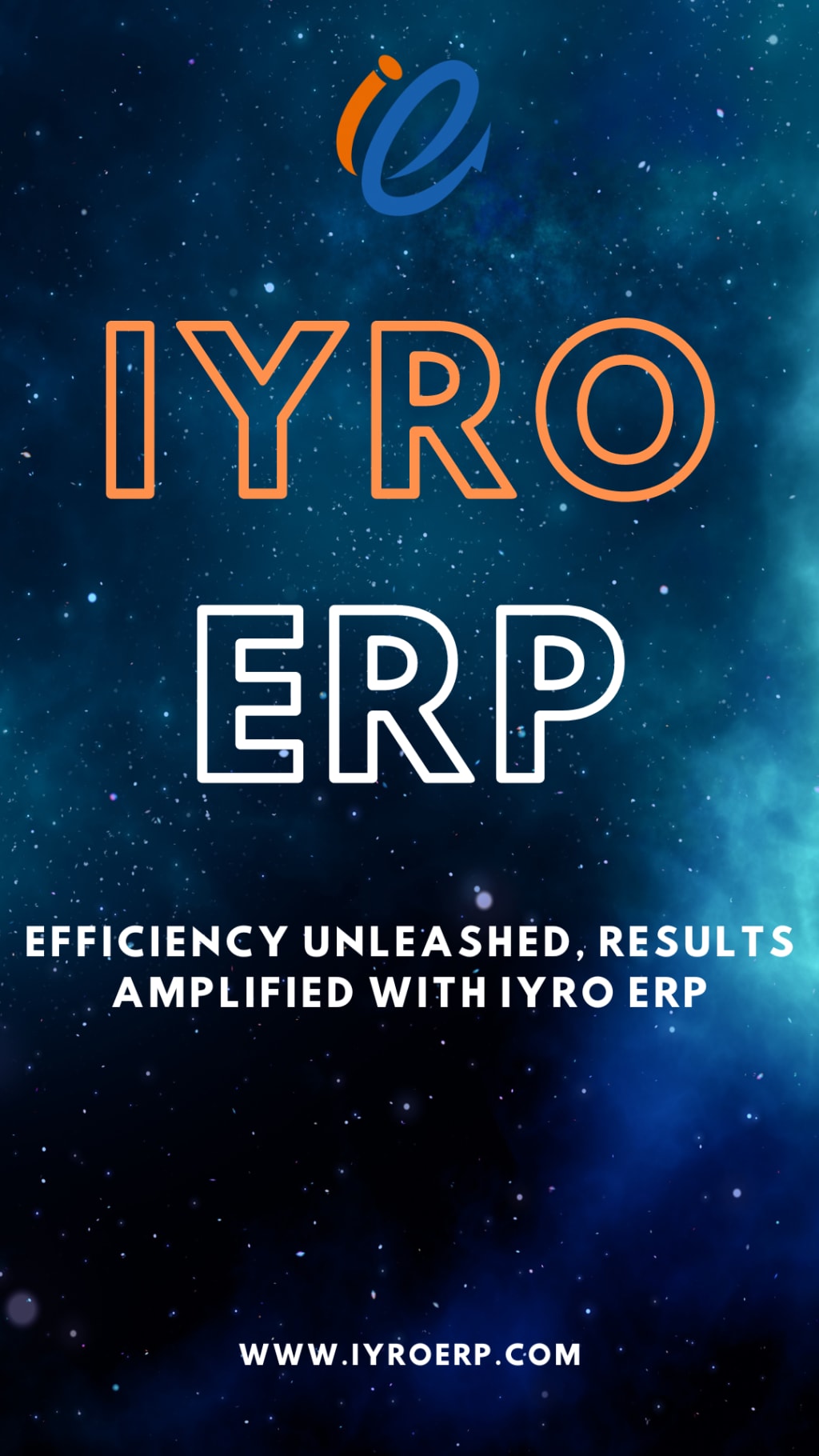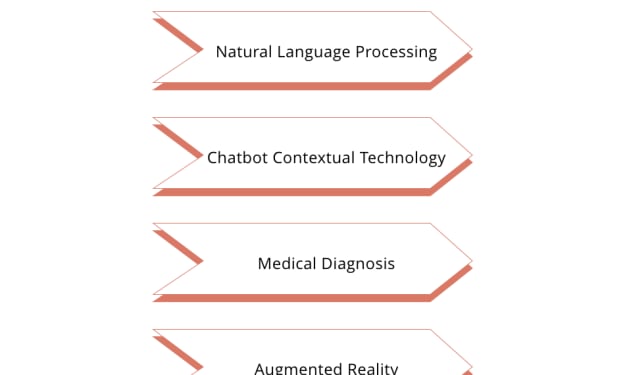Enhancing Supply Chain Efficiency with ERP Integration
Enhancing supply chain efficiency with ERP integration can bring significant benefits to organizations. ERP systems are powerful tools that integrate various aspects of business operations into a centralized system, including supply chain management. Iyro ERP is one of the leading cloud-based ERP software in the market made specifically for manufacturing Industries.

Streamlined Processes: ERP systems enable end-to-end integration of supply chain activities, including procurement, inventory management, production planning, and logistics. By automating and integrating these processes, organizations can eliminate manual tasks, reduce paperwork, and minimize errors. This streamlining leads to faster cycle times, reduced lead times, and improved overall efficiency.
Enhanced Visibility: ERP integration provides real-time visibility into the supply chain by consolidating data from various departments and functions. This visibility enables businesses to track inventory levels, monitor order statuses, and identify potential bottlenecks or delays. With accurate and up-to-date information, organizations can proactively address issues, make data-driven decisions, and optimize their supply chain operations.
Demand Planning and Forecasting: ERP systems can incorporate historical sales data, market trends, and other relevant factors to support demand planning and forecasting. By integrating supply chain data with sales and marketing data, organizations can accurately predict future demand, optimize inventory levels, and reduce stockouts or overstocks. This helps in maintaining an optimal balance between customer satisfaction and inventory costs.
Collaboration and Communication: ERP integration facilitates seamless collaboration and communication among different stakeholders in the supply chain, including suppliers, manufacturers, distributors, and customers. By providing a centralized platform, organizations can share information, exchange documents, and collaborate on planning and execution. Improved collaboration leads to better coordination, reduced delays, and enhanced overall supply chain performance.
Data Analytics and Reporting: ERP systems offer robust reporting and analytics capabilities, allowing organizations to gain valuable insights into their supply chain performance. By analyzing data related to inventory levels, order fulfilment rates, supplier performance, and other key metrics, businesses can identify opportunities for improvement, optimize processes, and drive continuous enhancement in supply chain efficiency.
Supplier Management: ERP integration enables better supplier management by automating processes such as supplier onboarding, purchase order management, and performance evaluation. Organizations can track supplier performance metrics, monitor delivery schedules, and ensure compliance with contractual agreements. This helps in fostering strong relationships with reliable suppliers, reducing supply chain risks, and improving overall procurement efficiency.
Compliance and Regulatory Requirements: ERP systems can assist in managing compliance and regulatory requirements within the supply chain. By integrating compliance rules, quality standards, and safety guidelines into the system, organizations can automate checks, ensure adherence, and mitigate the risk of non-compliance. This helps in maintaining product quality, reducing penalties or legal issues, and safeguarding brand reputation.
Inventory Optimization: ERP systems provide accurate and real-time inventory data, enabling organizations to optimize inventory levels and reduce carrying costs. By integrating inventory management with demand forecasting and production planning modules, businesses can achieve better inventory accuracy, minimize stockouts, and avoid excess inventory. This leads to improved cash flow, reduced holding costs, and increased customer satisfaction.
Efficient Order Fulfilment: ERP integration enables efficient order management and fulfilment processes. It allows businesses to automate order processing, track order statuses, and streamline order fulfilment activities. With integrated inventory and production data, organizations can prioritize orders, allocate resources effectively, and meet customer expectations in terms of order accuracy, delivery times, and service levels.
Supply Chain Analytics: ERP systems offer advanced analytics capabilities that leverage supply chain data to identify trends, patterns, and opportunities for improvement. By analyzing key performance indicators (KPIs) such as order cycle time, on-time delivery, and supplier performance, organizations can identify areas of inefficiency and implement corrective actions. Supply chain analytics enable data-driven decision-making, continuous improvement, and strategic planning for future growth.
Overall, ERP integration plays a crucial role in enhancing supply chain efficiency by streamlining processes, improving visibility, supporting decision-making, and optimizing resources. It empowers organizations to adapt to changing market conditions, improve customer satisfaction, reduce costs, and gain a competitive advantage in the dynamic business landscape. I would personally recommend you to use Iyroerp as it is one of the best ERP software in the market.





Comments
There are no comments for this story
Be the first to respond and start the conversation.